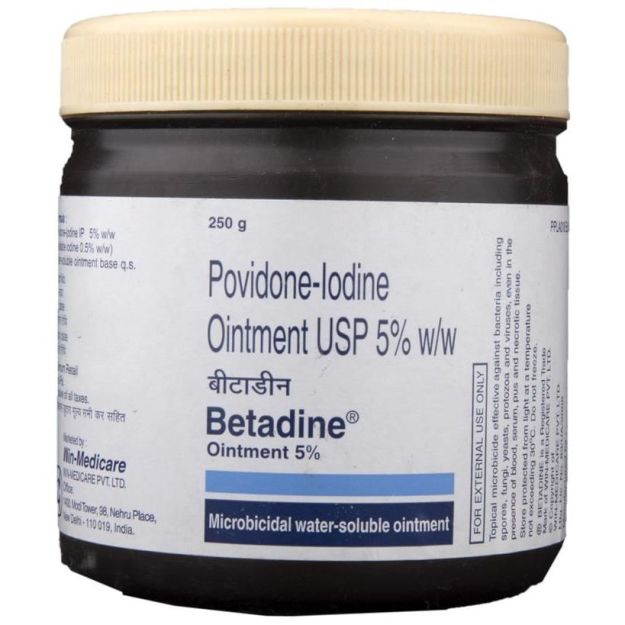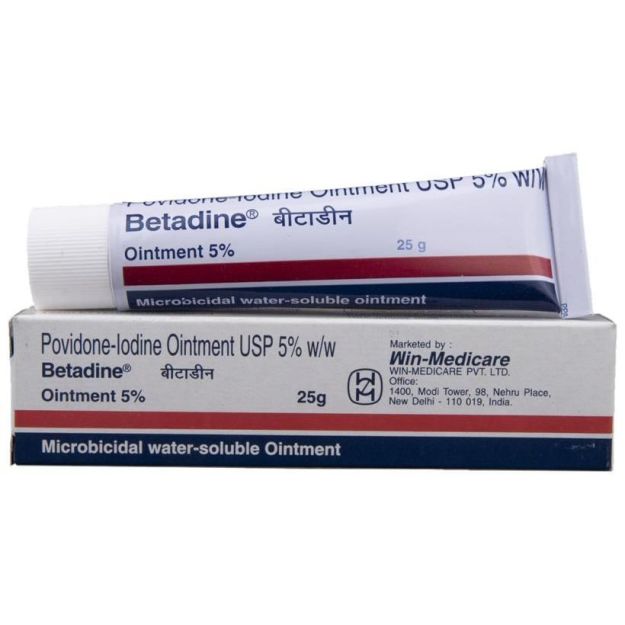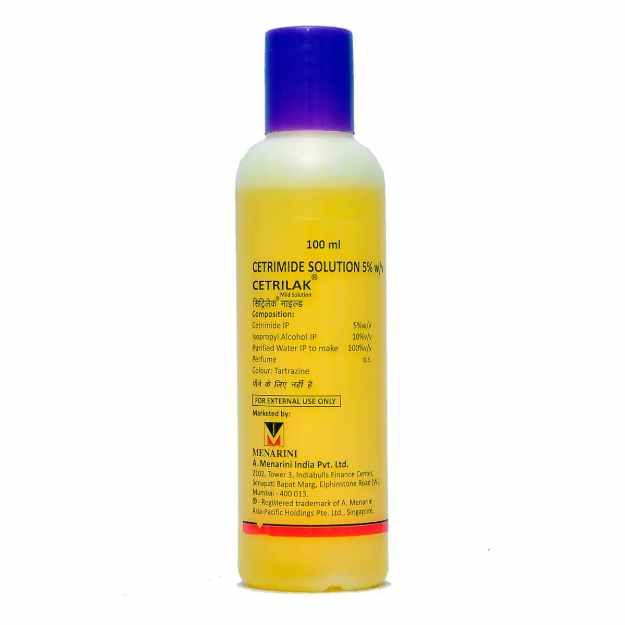Wokadine 10% Solution 500ml, a prescription drug, is manufactured in various forms such as Solution. It is typically used for the treatment of Infections, Open Wound. Wokadine 10% Solution 500ml also has some secondary and off-label uses. These are listed below.
The optimal dosage of Wokadine 10% Solution 500ml is largely dependent on the individual's body weight, medical history, gender and age. Dosage also depends on the route of administration and your chief complaint for which the drug is prescribed. Refer to the dosage section for a detailed discussion.
Apart from the aforementioned side effects, Wokadine 10% Solution 500ml can also lead to other problems, which have been listed below. Normally, these side effects of Wokadine 10% Solution 500ml are not long lasting and go away when the treatment is finished. Please speak with your doctor if these side effects worsen or persist for a longer duration.
Wokadine 10% Solution 500ml's effect during pregnancy is Moderate and Moderate while nursing. In addition, Wokadine 10% Solution 500ml's effects on the liver, heart and kidney are discussed below in the Wokadine 10% Solution 500ml related warnings section.
Wokadine 10% Solution 500ml is contraindicated in people with pre-existing medical conditions like Drug Allergy as it can result in adverse effects. Some other conditions that can be affected by Wokadine 10% Solution 500ml are listed in the contraindications section below.
Additionally, Wokadine 10% Solution 500ml may also adversely react with other medicines. A complete list of these interactions is given below.
You should also be aware that Wokadine 10% Solution 500ml is safe while driving, and is addiction.
X

















